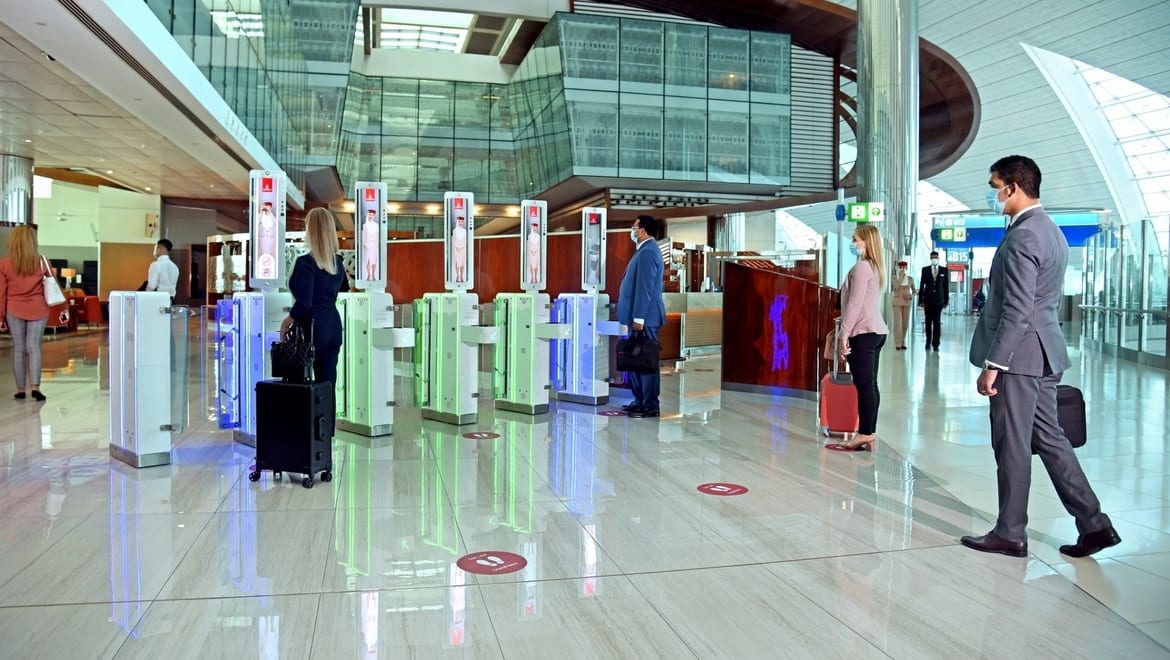
An International Air Transport Association (IATA) survey has found that customers want shorter wait times and are open to biometric technology.
Each year the IATA conducts a survey of around 10,000 people to learn about their experiences while travelling. This year, 10,206 respondents from over 200 countries completed the survey. Out of this sample, 80 per cent of passengers rated their experience as ‘very satisfied’ or ‘somewhat satisfied’.
IATA’s 2022 Global Passenger Survey (GPS) saw the highest level of satisfaction (84%) related to the booking process whereas border control and immigration saw the lowest level of satisfaction (64%).
Nick Careen, IATA’s senior vice president for operations, safety and security concluded that improvements in technology will be the key to improving overall satisfaction for customers.
“They want to arrive at the airport ready to fly, get through the airport at both ends of their journey more quickly using biometrics and know where their baggage is at all times. The technology exists to support this ideal experience,” he said.
Border control, immigration and baggage collection are all areas now identified by the IATA as “stress areas” with each area performing below 70 per cent satisfaction. The IATA believes the continued introduction of contactless systems that the COVID-19 pandemic kickstarted is the way to improve these numbers.
Biometric processing or facial recognition at passenger checkpoints has been shown to improve customer satisfaction according to the IATA.
The survey concludes that 88 per cent of people who have used biometric processing said they were satisfied with the biometric process and 75 pe cent of people would rather use biometrics rather than have to carry around their passport or boarding passes.
Singapore Airlines performed a trial run of biometric processing at the start of October and saw a reduction in delays and an improvement in customer happiness.
The survey also highlighted the frustration around bag handling and the want for more options. Forty per cent of those who responded had experienced mishandled bags, while 20 per cent were dissatisfied with the service.
Issues with lost baggage have been making headlines across the world since the return of international travel ramped up after the COVID-19 pandemic.
Bag tracking is one way in which lost baggage can be solved with almost 50 per cent of those surveyed wanting to use, or already using, their own bag-tracking devices.
Time spent during the process from arriving at the airport travel to boarding was also highlighted as a key point by customers.
42 per cent spent between 1–2 hours in the airport, 25 per cent between 2–3 hours, and 21 per cent 30 minutes to 1 hour.
Somewhat unsurprisingly, those who spent the least amount of time going from check-in to boarding reported the greater satisfaction, and those with higher wait times reported low satisfaction.











